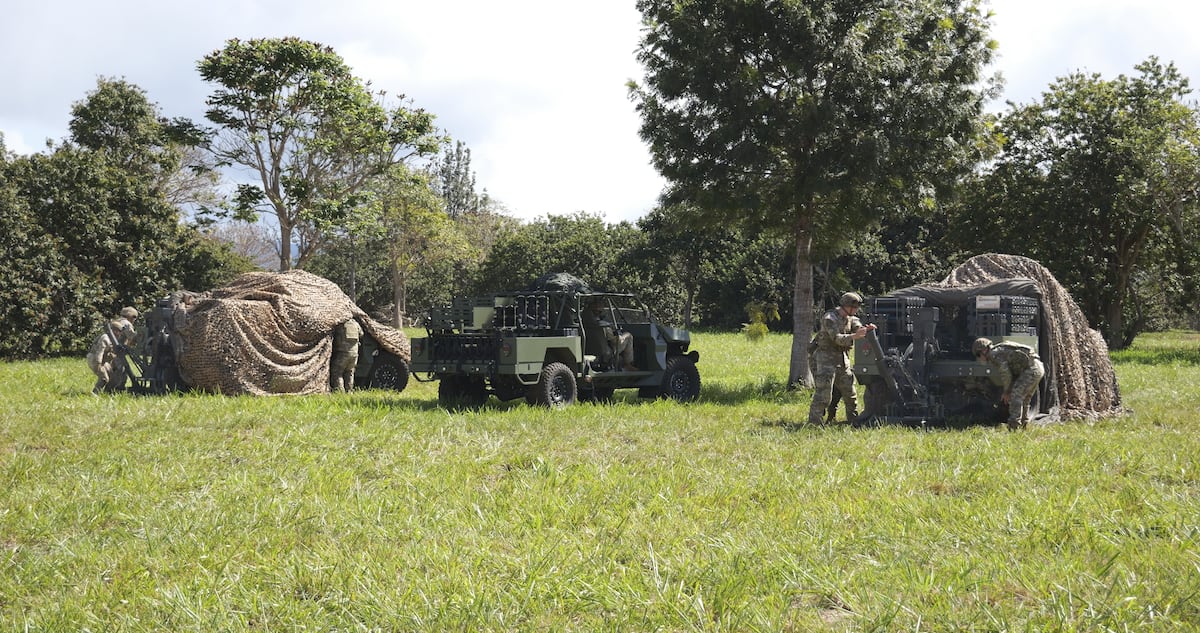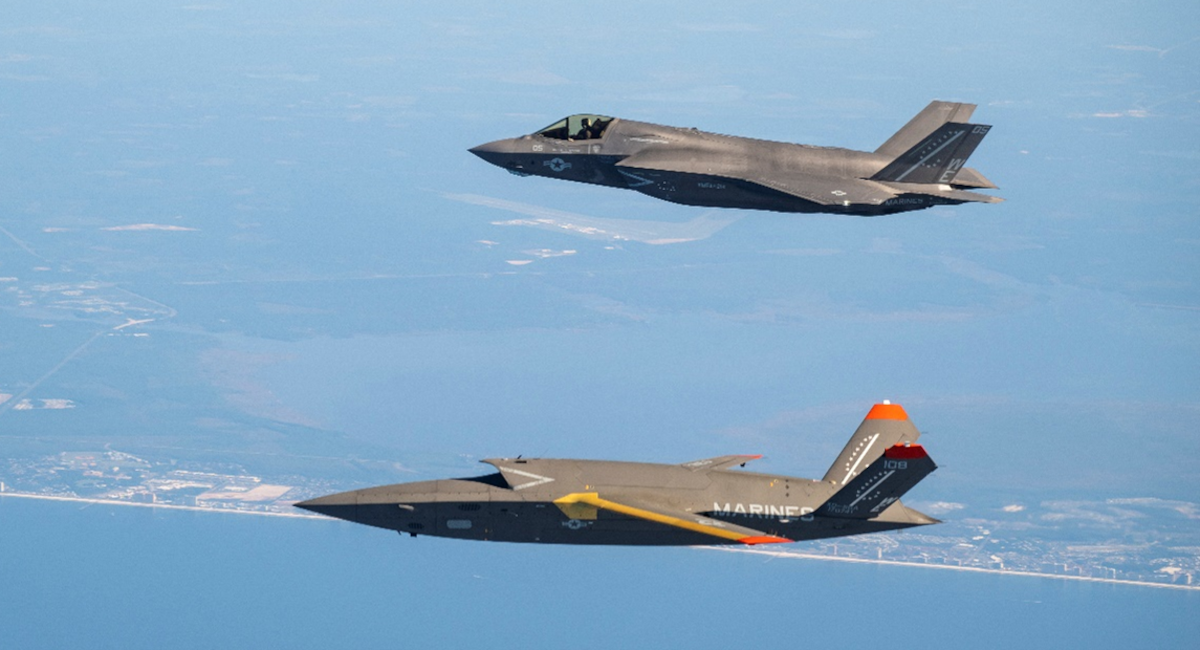Analyzing the Future of U.S. Military Presence in Europe: Implications of the Global Posture Review
As we advance into November, the anticipated Global Posture Review, initially expected last summer, remains elusive. This review is pivotal for assessing the U.S. military’s global positioning and considering potential modifications that align with the current geopolitical landscape.
Shift Towards a Smaller U.S. Presence in Europe
Certain senior officials involved in the review have expressed a desire to diminution of the U.S. military footprint in Europe. Actions are already underway to facilitate this change. Recently, the decision was made not to replace approximately 1,000 rotational troops stationed in Romania after their return home. This announcement has drawn criticism from congressional representatives and raised concern over the future of U.S. positioning across Europe, particularly within the Baltic region.
Current Military Dynamics in the Baltic States
The United States maintains a limited yet significant rotational presence in the Baltic states—Lithuania, Latvia, and Estonia. Here, NATO allies also uphold multinational battlegroups, with leadership distributed among the British, Canadians, and Germans. Notably, Germany is expanding its presence by establishing a permanent armored brigade of 5,000 troops in Lithuania by 2027.
This military presence in the Baltics is crucial for both regional and transatlantic security. The Baltic states face unique vulnerabilities due to their geographic positioning within NATO. Reinforcement capabilities are constrained, particularly given the slender Suwałki Gap connecting Lithuania to Poland and the military buildups in Russia’s Kaliningrad exclave and Belarus.
The Necessity of Ground Forces in the Baltics
Maintaining ground forces in the Baltic states is vital to ensure their defense, particularly against escalated Russian hostilities. The withdrawal of U.S. troops from this region would not only undermine deterrence but also signal a lack of commitment to NATO’s collective defense obligations.
The Strategic Importance of Lithuania
Among the Baltic states, Lithuania holds particular significance due to three pivotal factors:
-
Geostrategic Location: Lithuania serves as a critical chokepoint between Northern and Eastern Europe. Its proximity to the Suwałki Gap and Kaliningrad makes it a focal point in any major military conflict scenarios.
-
Alignment with U.S. Interests: Lithuania has been proactive in addressing energy security, establishing a NATO Center of Excellence for Energy Security in 2013. Its LNG import terminal, operational since 2015, represented a substantial effort to reduce reliance on Russian gas well before many European nations took similar steps.
- Lithuania has also been cognizant of the challenges posed by China, being the first EU country to identify Beijing as a national-security threat in formal documentation. It withdrew from China’s 17+1 initiative in 2021 and has been a vocal critic of China’s human rights issues.
-
Burden-Sharing Model: Lithuania is exemplary in its commitment to defense spending, allocating 3% of its GDP and planning to exceed 5% in 2026—well above NATO’s target. This commitment illustrates its dedication to transatlantic security obligations.
Reliability as a Partner
Lithuania has proven to be a loyal ally to the United States over decades. The country contributed roughly 5,000 troops to operations in Afghanistan from 2002 to 2021 and sent 930 personnel to Iraq, standing alongside the U.S. when many European nations chose not to engage.
Implications for U.S. National Security
Retaining U.S. forces in the Baltic region, particularly in Lithuania, is not only a matter of strategic necessity but also serves as a tangible endorsement of Alliance solidarity. It sends an influential message to both allies and adversaries: the U.S. values partnerships with nations that align their defense policies with American interests.
As the Pentagon nears the completion of the Global Posture Review, the military presence in Europe, especially in the Baltic states, should remain integral to U.S. strategic considerations. The withdrawal from this region would likely be interpreted as a retreat from transatlantic commitments and would have ripple effects throughout NATO’s credibility and collective security framework.
By reinforcing ties and maintaining a responsive military presence, the U.S. reaffirms its commitment to Europe and upholds a crucial deterrent against potential aggressions.





